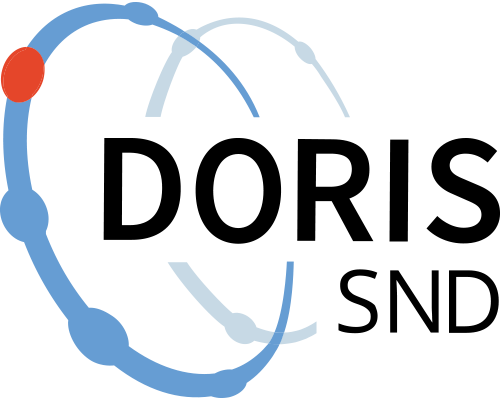Gender and preferences in a random sample - A combined experiment and survey study focusing on gender and economic preferences, loss from the postal questionnaire
https://doi.org/10.5878/002895
The data is from an experimental study of a simple random sample of about 1000 adults from the Swedish population. The sample is similar by gender, age, income and education to this population. In addition, we have a high response rate, and can detect no differences between non-response and response groups by the comparison variables we have access to. In all relevant respects, we have a representative sample of the Swedish population, and one of the larger samples in the experimental economics literature.
The experimental data measures preferences in a broad range of standard incentivized decisions related to altruism, fairness, cooperation, trust, coordination, risk and competitiveness. Different treatments vary the salience of the participant’s own gender, as well as the gender of the counterpart. While gender differences in previous experimental studies typically are studied without controlling for sociodemographic characteristics, we have data on age, gender income and education and other sociodemographic variables.
Purpose:
The purpose of this study is to explore gender differences in a wide range of economic preferences in a representative sample. We will use a battery of standard games typically used in experimental economics and psychology, as well as common measures of risk preferences, competitiveness and time preferences. We will explore the same games and measures in three contexts, i.e with three settings, designed to explore different aspects of potential gender differences. These three settings will be investigated using three different treatments for each game and measure.
The survey is an OSU of the Swedish population aged 18-73 years from 2011-08-19. It has been implemented by two methods, telephone interviews and distribution of printed questionnaires.
Of the sample, 800 respondents answered by postal questionnaire.
Loss Accounting:
The size of the sample was 800 to the postal questionnaire.
Gross Selection: 800.
Net Selection (correct address): 763.
Submitted surveys: 374.
Refusal - Do not participate, including submitted blank questionnaire: 8.
For late-breaking surveys: 11.
No contact: 370.
Citation and access
Citation and access
Data access level:
Creator/Principal investigator(s):
- Astri Muren - Stockholm University - Department of Economics
Research principal:
Data contains personal data:
No
Citation:
Method and outcome
Method and outcome
Data collection - Interview
Data collection - Interview
Geographic coverage
Geographic coverage
Administrative information
Administrative information
Topic and keywords
Topic and keywords
Relations
Relations
Publications
Publications
Versions
Versions
Metadata
Metadata
Versions
Versions
